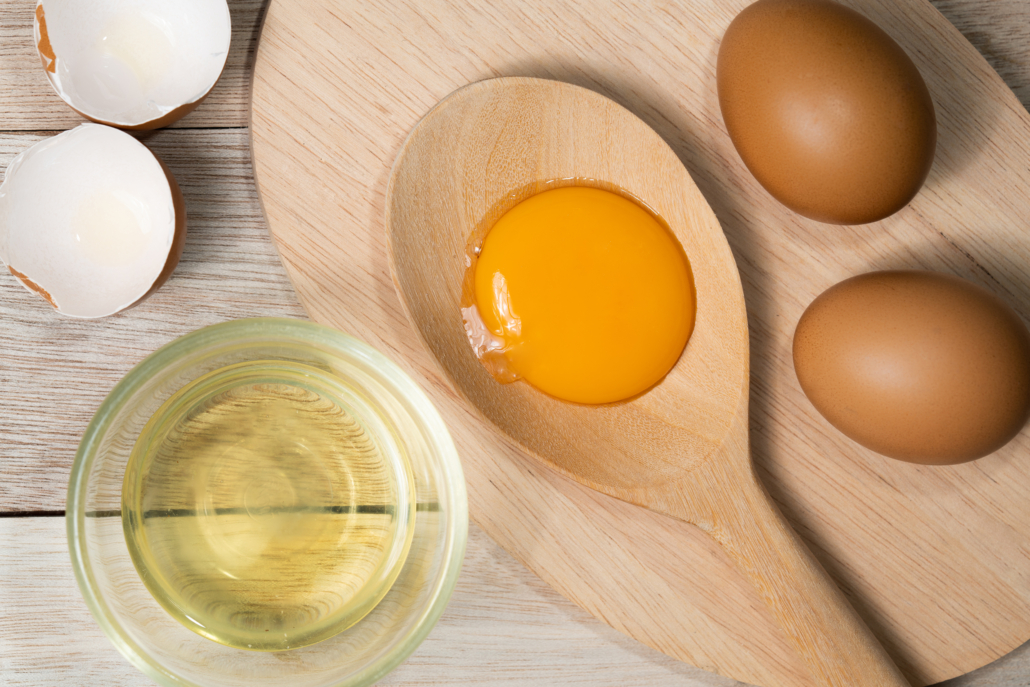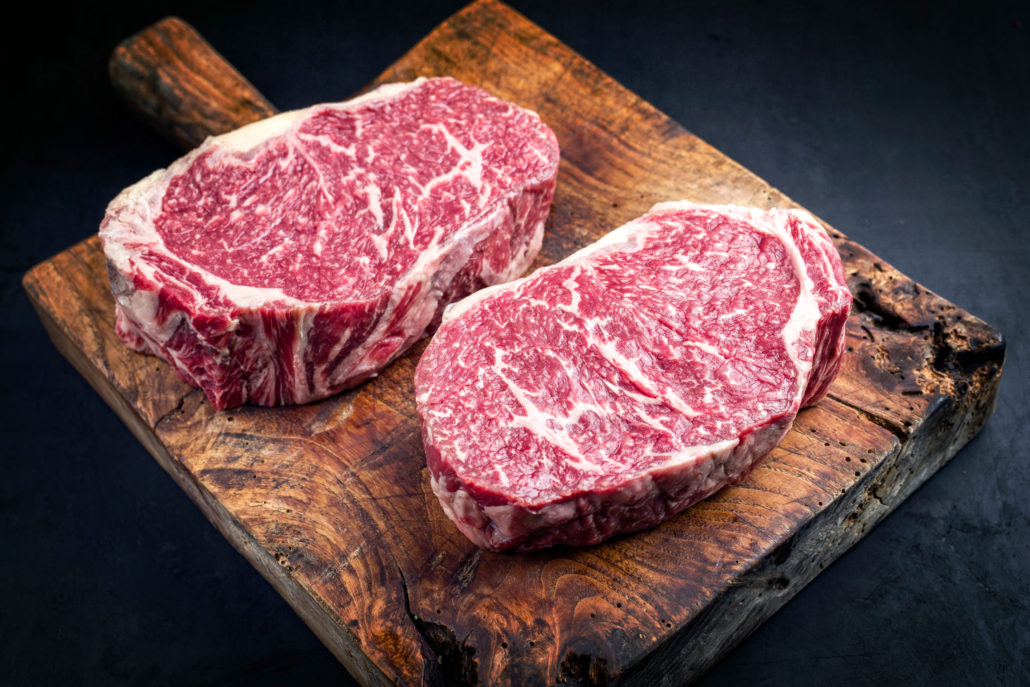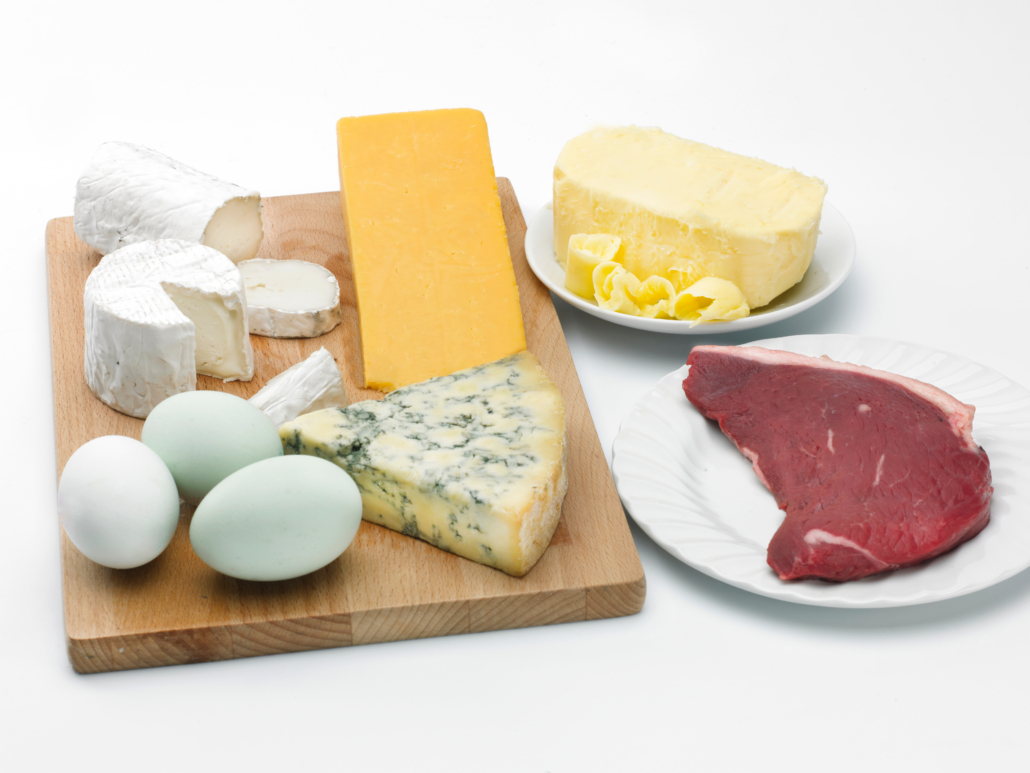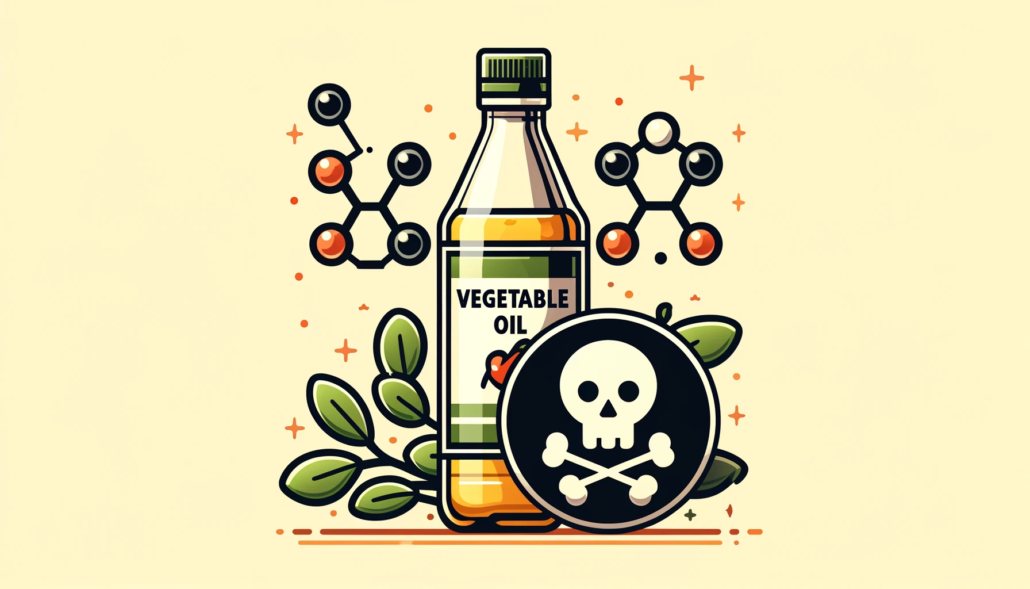We include products in articles we think are useful for our readers. If you buy products or services through links on our website, we may earn a small commission.
Beef Spleen: Nutrition, Benefits, and Supplements
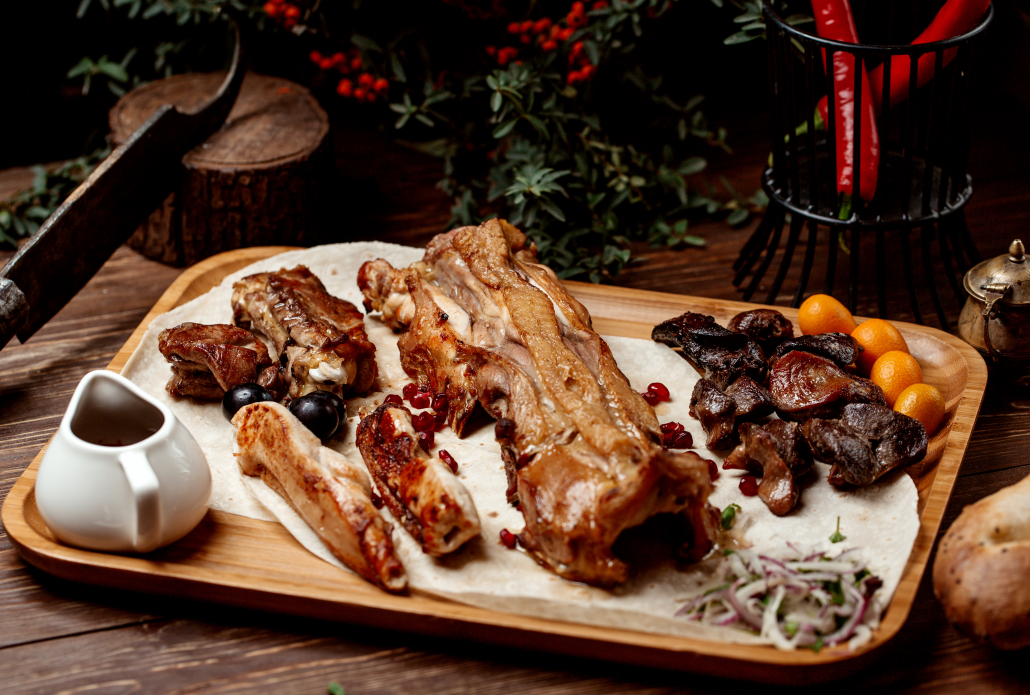
Table of Contents
With the rising popularity of nose-to-tail eating, beef spleen is another almost-forgotten organ meat that’s making a comeback.
In animals, the spleen promotes a healthy immune system. And when eaten as food, it offers many health-promoting benefits. Many cultural groups have used beef spleen to support their immune systems.
Let’s explore the benefits of beef spleen, while taking a closer look at its specific bounty of nutrients.
What is Beef Spleen?
Beef spleen is simply the spleen of a cow. In this context, we’re obviously talking about using spleen as food.
A cow’s spleen has three primary jobs. It:
- Breaks down old or damaged RBC’s (red blood cells)
- Produces white blood cells to fight infections
- Stores blood in case of sudden demand
Historically speaking, humans have either eaten spleen or processed it into spleen extract, which contains most of the organ’s active ingredients.
In recent times both medical professionals and laypeople have used spleen and its extract to strengthen the blood, recover from cancer, and prevent autoimmune disease.
But are these uses legitimate? Let’s look at beef spleen’s nutrition values to find out.
Beef Spleen Nutrition
Like nearly every organ meat (besides polar bear liver which has enough vitamin A to kill 52 adults!), beef spleen is incredibly nutritious. It’s rich in protein, cholesterol, heme iron, and more. Here are the full nutritious facts:
Beef spleen nutrition: 100 grams
| Nutrient | Amount | % RDV |
| Calories | 102 calories | 4% |
| Total fat | 3 grams | 5% |
| Saturated fat | 1 gram | 5% |
| Cholesterol | 263 mg | 88% |
| Sodium | 126 mg | 5% |
| Potassium | 274 mg | 8% |
| Carbohydrates | 1.1 grams | 0% |
| Protein | 18.3 grams | 37% |
| Vitamin A | 0 | 0% |
| Vitamin D | 0 | 0% |
| Vitamin E | 0 mg | 0% |
| Vitamin K | 0 mcg | 0% |
| Folate | 3.3 mcg | 0.8% |
| Niacin | 7.2 mg | 42% |
| Riboflavin | 0.4 mg | 22% |
| Thiamine | 0.1 mg | 3% |
| Vitamin B6 | 0.1 mg | 4% |
| Vitamin B12 | 6 mg | 95% |
| Vitamin C | 38 mg | 76% |
| Calcium | 2.2 mg | 1% |
| Iron | 19.6 mg | 248% |
| Magnesium | 24.0 mg | 6% |
| Phosphorus | 305 mg | 30% |
| Zinc | 2.2 mg | 14% |
| Copper | 0.2 mg | 8% |
Cholesterol
Beef spleen is a good source of dietary cholesterol. Just 100 grams of spleen contains 88% of your recommended daily value.
And no, dietary cholesterol isn’t unhealthy — contrary to conventional belief.[3] [4] [5] [6] The human body relies on both endogenous and exogenous cholesterol to produce important steroid hormones like progesterone, pregnenolone, and DHEA. These “youth-associated” hormones oversee processes as fundamental as cellular regeneration.
The importance of cholesterol is highlighted when you look at what happens when you don’t get enough of it. Low cholesterol levels are correlated with depression, brain fog, and other mental health issues.
Despite the vilification of cholesterol, we’ve known of its importance since at least 1948. Back then the famous Framingham heart study found that people with supposedly optimal cholesterol levels had lower “verbal fluency, attention/concentration, abstract reasoning, and a composite score measuring multiple cognitive domains” than those with ‘high’ cholesterol did.
You can learn more about cholesterol myths and truths here.
Niacin
Beef spleen is also rich in niacin AKA vitamin B3. A 100-gram serving contains nearly half your RDV. Niacin plays an important role in cognitive function and also helps your body utilize carbohydrates for fuel. This is important, even on a low-carb keto and carnivore diet because certain brain and muscle cells cannot derive energy from alternative energy molecules called ketones
Iron
Just 100 grams of beef spleen contains 250% your iron RDV. Iron helps your body produce fully oxygenated blood.
The quality of your dietary iron intake is important, too. Spleen contains highly bioavailable heme iron. Up to 35% of the heme iron you ingest is utilized by your body — many times more than the iron provided by plant-based products.
B12
3 ounces of beef spleen contains nearly all the vitamin B12 you’ll need for the day. If you complement this small portion of spleen with some muscle meat, eggs, and dairy, you’ll meet the full RDV with ease.
And don’t worry about getting too much B12 — most people find a little bit extra to be pleasantly energizing. Your body easily filters out the excess.
Other Nutrients Unique to Spleen
Beef spleen contains certain small proteins, called peptides.
The top spleen-specific peptides, tuftsin and splenopentin, may stimulate your immune system’s macrophages (infection-fighting white blood cells) en route to improving overall immunity.
Finally, beef spleen’s peptides and other proteins may enhance the activity of your body’s “natural killer” (NK) cells. NK cells secrete chemicals that turn on the immunological functions of other cells, making them critical to the initial immune response.
The peptides in spleen are so potent that they can be formulated into an extract called splenin. This extract is used to directly support immune health.
Splenin was first demonstrated to boost white blood cell counts and ward off infections back in the 1930’s. And it is so effective that it is still used in some parts of Germany.
Beef Spleen Health Benefits
The immune-boosting effects of beef spleen may be partly attributable to an organ meat principle called like-supports-like.
In other words, many of spleen’s potential health benefits may stem from its ability to nourish your own spleen. These benefits include:
- Boosting the immune system
- Reducing inflammation
- Promoting blood health
- Promoting digestion
Sourcing Quality Beef Spleen
Quality is everything when it comes to organ meats. And beef spleen is no exception. Animals who live overly stressful lives may have less nutritious organ meats.
More research is needed in this area, but several fascinating studies on worms give us some hints about the potential quality difference. These studies found that the information present in a worm’s polyamine proteins can be transferred from one creature to the next upon ingestion.
It’s totally plausible that this concept carries over to other life forms (i.e, cows and humans) — meaning that eating the spleen of a stressed animal may not be ideal.
For these reasons, we’d encourage you to source your beef spleen and other organ meats from a trusted local source. Or from certified grass-fed and finished cows.
If you live in an area with a local farmer’s market or butcher shop, these are usually the best places to check.
For those of us who lack access or seek greater convenience, online meat subscriptions like butcher box also offer organ meats and may carry spleen.
Beef Spleen Supplements
If you’re unsure of your ability to source high-quality beef spleen, then you may want to consider cow spleen specific, or full-spectrum organ meat supplements.
When deciding on a supplement, it can be a good idea to consider the source along with other factors. Questions to ask include, does it
- Come from grass-fed pasure-raised cows?
- Have its fat content intact (i.e, be non-defatted)?
- Contain no fillers, flow agents, or other additives?
- Come from cows that are hormone and GMO-free?
- Have its biological activity intact (ie, be freeze-dried)?
How to Cook Beef Spleen
Spleen may be an unusual food for most Americans, but there’s no reason it should stay that way. The following recipe turns beef spleen into an approachable, enjoyable meal for the whole family.
Pan-Fried Beef Spleen Ingredients
- 1lb beef spleen
- Salt and pepper to taste
- 1 cup coconut flour
- 1 cup butter/ghee
- 2 cloves minced garlic
- 2 teaspoons ground coriander
- 1 tablespoon lemon juice
Prep time: 10 minutes
Cook time: 5 minutes
Instructions
- Trim the lining off of the spleen, then cut it into small, one-inch cubes.
- Let the cubes soak in a mixture of cold salted water for 2 hours.
- Pat them dry, then season with salt and pepper and coat with flour.
- Place the spleen into a ghee-coated pan on high heat.
- Cook until spleen cubes are golden brown and cooked through, then remove them from the pan.
- Place garlic, coriander, and extra butter in the pan, until they too turn golden brown.
- Return kidney to the pan, sprinkle with lemon juice, and cook for thirty more seconds.
- Season with salt and pepper to taste.
- Let cool slightly, then enjoy!
Beef Spleen: The Takeaway
Nose-to-tail eating is part of our evolutionary dietary heritage. For nearly 2 million years humans ate mostly meat. And by meat, we mean the whole animal, especially nutrient-dense organs like spleen.
It’s no coincidence that when you eat even a small portion of organ meats like spleen, liver, sweetbreads, heart, and brain along with the muscle meats that are popular today, you get an abundance of health promoting nutrients including protein, fat, vitamins, and minerals.
Beef spleen is rich in vitamins, minerals, and rare peptides that are produced exclusively in its tissue.
As far as beef spleens effects go, like-supports-like: spleen and its active ingredients may promote your own immune health in a way that other foods fall short. If you haven’t already, consider adding spleen or spleen supplements to your keto or carnivore diet.













